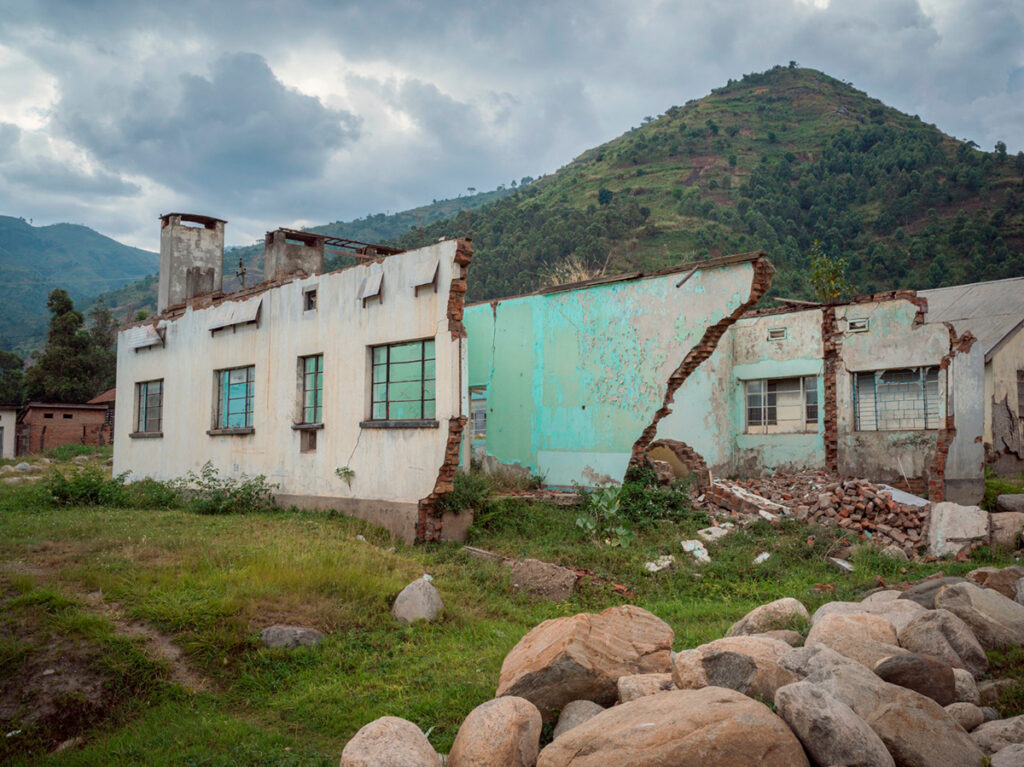Remains of flood damaged building, Uganda © Klaus Thymann, 2020
Today, the 13th of October, marks the UN’s International day for Disaster Risk Reduction. From 2000 to 2019 more than 1.5 million people died because of disasters, and more than 4 billion people worldwide were affected hereby. As governments fail to commit to fighting climate change, these numbers will increase. As shown by the current Covid-19 pandemic, unprepared and badly structured disaster risk governance is catastrophic. Climate change is gravely exacerbating disasters, but it is crucial to address the systemic risk following climate change, not just the singular natural hazards.
We do not need more statistics telling us how another flooding, hurricane or wildfire is XX% more likely to occur because of climate change. We need to address the underlying condition triggering these events, the extra weight on the tipping scale; if it weren’t for climate change, these catastrophes would not happen at such a frequency and with such an intensity. Simply put, we need urgent climate change action.
The UN initiated the International Day for Disaster Risk Reduction in 1989, to promote risk-awareness and disaster reduction amongst communities around the globe. This year’s theme is Disaster Risk Governance. Mami Mizutori, The Secretary-General’s Special Representative for Disaster Risk Reduction, states:
“COVID-19 and the climate emergency are telling us that we need clear vision, plans and competent, empowered institutions acting on scientific evidence for the public good (…) We have learned from the worst single disaster of the 21st century so far, that if we do not strengthen disaster risk governance to take on the challenge of existential threats, we are doomed to repeat the mistakes of the last eight months which have cost so many lives and damaged the health and economic and social well-being of millions.”
By giving recognition to the International Day of Disaster Risk Reduction, we hope to shift the focus to how to actively prevent disasters – not only reacting to the aftermaths. In order to take on the climate crisis and create resilient communities, systemic change is needed. Make your voice heard; demand change from your policymakers and vote!
At Project Pressure our mission is to create change through action, visualizing and documenting the climate crisis. As a non-profit charity, we are dependent of contributions to continue our work. Please consider supporting us – get in touch at admin@project-pressure.org.

